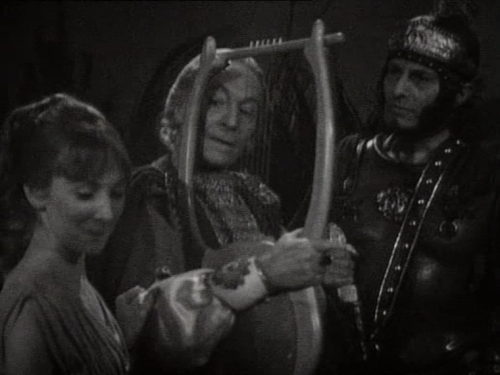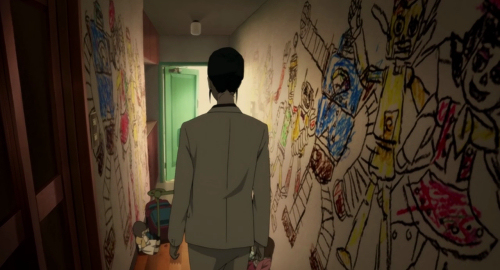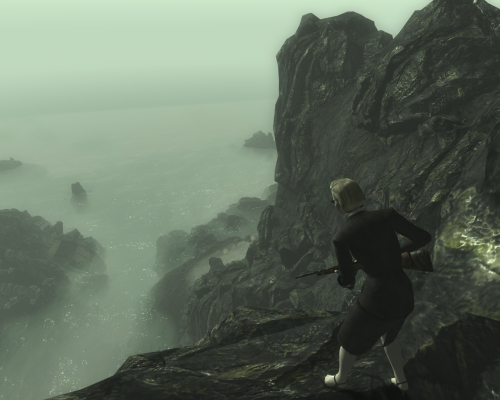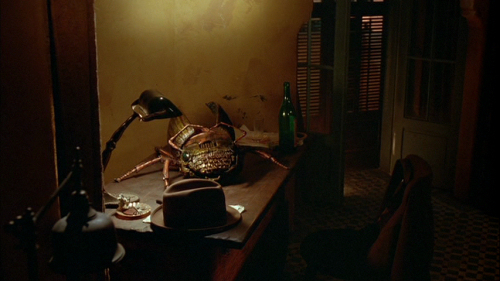
Twitter Sonnet #147
Short heroes are buried by leather clothes.
An action sequence kidnaps a Spaniard.
Craters yawn in her elevator hose.
Carelessly dropped hot dogs ignite mustard.
Instruments wait in apartments for you.
Most violins are there for the taking.
Every plastic bottle is a false clue.
There's a potato that's always baking.
No one needs help carrying fake groceries.
Paper water burns in a tea kettle.
Domestic Valkyries knit wool duchies.
Laurels on an acting donkey settle.
Must drive miles for an expedient;
Complex meals made from one ingredient.
I just saw Snow the Cat gobble up a baby lizard. He purred the whole time, of course.
I watched Jean-Luc Godard's Breathless last night, which seemed to me about the fundamentally ruthless nature of men and women, and how that ruthlessness in the different genders expresses itself differently.

The movie's about a pair of young lovers named Michel and Patricia. In his essay on the movie, Roger Ebert says of Patricia, "It is remarkable that the reviews of this movie do not describe her as a monster--more evil, because she's less deluded, than Michel."

I hardly think she's a monster or evil, at least not in the way Ebert means. He describes her as an enigma, but I actually found her character to be a great illumination of humanity. She merely has that dangerous combination of intelligence and immaturity, believing she can test and study people and situations before deciding whether or not she will fall in love, telling Michel that she's scared and wants to know what's behind his face. But she's too emotionally crippled to recognise love when she finds it, has developed an ego too disconnected from her emotions, not even suspecting the depths of cruelty she can reach in how she treats someone she loves, and therefore assumes she doesn't love the man she's cruel to. The closing shot of her face at the end of the film shows how wrong she is, and it shows a person whose ego and heart have been driven even further apart by her own misdirected plans.
To say that she's necessarily more evil than Michel is wrong--after all, of the two of them, Michel's the only murderer. He's not more deluded than her. In fact, the delusion Ebert refers to, his imitation of Humphrey Bogart, is far more self-conscious and superficial than the internal web Patricia's woven for herself. But he, too, is disconnected from his emotions, telling her of the man he saw hit by a car earlier in the day, an accident he did little more than glance up for. It reminded me of something Gilbert Gottfried said on The Howard Stern Show earlier this year--when Stern asked him how he felt about Artie Lange's attempted suicide, Gottfried said, "Well, it gives me something to talk to people about." Michel is using the experience to make himself seem significant, he spends a lot of the first part of the movie trying to get Patricia to sleep with him. He knows a beautiful girl like Patricia has a lot of options when it comes to guys, so he's aggressive with his flirtations to compensate.

Which is another reason for Patricia's apparent coolness in contrast to Michel, though they're both pretty cool, wrapped up in themselves, and wrapped up in beautiful photography by the way. Martial Solal's soundtrack, too, sits comfortably among the coolest jazz albums of the 50s and 60s.




















































